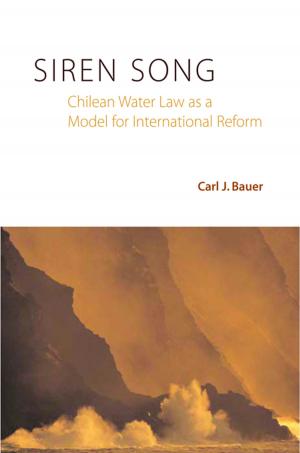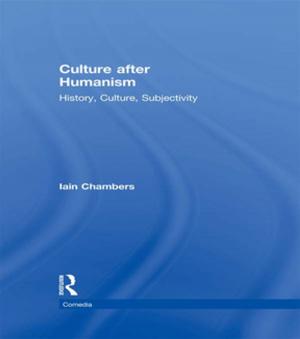| Author: | John Leach | ISBN: | 9781317752509 |
| Publisher: | Taylor and Francis | Publication: | March 18, 2014 |
| Imprint: | Routledge | Language: | English |
| Author: | John Leach |
| ISBN: | 9781317752509 |
| Publisher: | Taylor and Francis |
| Publication: | March 18, 2014 |
| Imprint: | Routledge |
| Language: | English |
To Romans of later generations the three decades between the dictatorships of Sulla and of Caesar were the age of Pompey the Great. In spite of the central role he played in Roman history, he remains a shadowy figure compared with the likes of Caesar and Cicero.
Pompey the Great, first published in 1978, traces the career of this enigmatic character from his first appearance in public life on the staff of his father Strabo during the Social War, through his early military campaigns as Sulla’s lieutenant in the Civil War 83-82, as the Senate’s general in Italy and Spain during the 70s, to his first consulship with Crassus in 70. The important commands against the pirates and Mithridates, the alliance with Caesar, its eventual collapse into civil war, and the significance of Pompey’s constitutional position for an understanding of the later Augustan settlement war are all discussed with clarity and insight.
To Romans of later generations the three decades between the dictatorships of Sulla and of Caesar were the age of Pompey the Great. In spite of the central role he played in Roman history, he remains a shadowy figure compared with the likes of Caesar and Cicero.
Pompey the Great, first published in 1978, traces the career of this enigmatic character from his first appearance in public life on the staff of his father Strabo during the Social War, through his early military campaigns as Sulla’s lieutenant in the Civil War 83-82, as the Senate’s general in Italy and Spain during the 70s, to his first consulship with Crassus in 70. The important commands against the pirates and Mithridates, the alliance with Caesar, its eventual collapse into civil war, and the significance of Pompey’s constitutional position for an understanding of the later Augustan settlement war are all discussed with clarity and insight.















